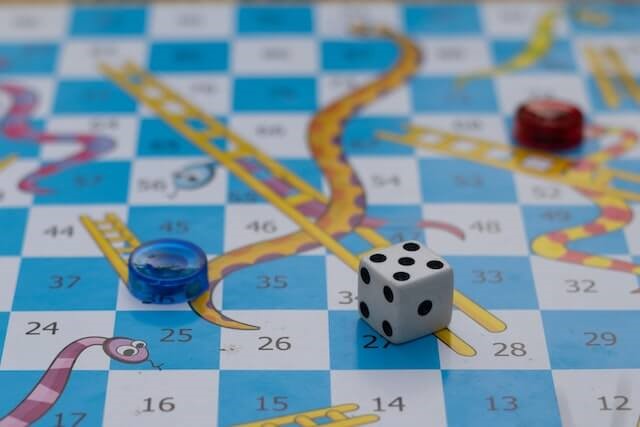Do classic card and board games have a future in virtual reality?
Card games and board games that we have enjoyed for countless years are still just as fun as their original inception. While the world of consoles is pushing titles such as Call of Duty and Fortnite, there are still more players who are enjoying online solitaire each and every day. Beyond these games, the online casino industry is a growing market, with playing blackjack, poker, and online slots UK becoming a more immersive experience thanks to virtual reality. The technological age of virtual and augmented reality is going to be the next stage in home entertainment, but does this mean we are going to lose classics like Monopoly, Solitaire, and more?
Why Are Board and Card Games So Popular?
Games of this type are popular for a variety of reasons. Firstly, they have been around for a much longer time than many alternatives, so they have built up a more established reputation and have become more widely used. In addition, they are almost always passed down through generations as friends and family gather together to learn. Moreover, experienced players are sure to be entertained for years with their infinite replayability and easy-to-learn mechanics, yet complex enough to keep beginners interested.
Internet casinos continue to innovate with new ways to play their classic games as well, just as they use bonuses and promotions to attract new customers. With this in mind, blackjack tables with side bets modeled on poker tables have been developed over the years, as have mobile options, live dealer games, and special variants.
There is also a trend for board game makers to make their games available over the internet such as Monopoly and Scrabble. There has been lots of popularity on exclusive console brands such as Xbox and Playstation, which have introduced these titles to their platforms allowing people to party up together from the comfort of their own homes but still get into the sometimes heated gameplay that we have always loved over the years.

Limitations
Virtual reality is still very much in its infancy, meaning there are still bugs to fit, and the technology is relatively expensive compared to card games and board games we have already played for years. The Oculus Quest 2 is one of the most advanced devices on the current market, but some features are still a little lackluster compared to the hype. Graphics definition in certain circumstances is lacking, while the headset itself is heavy to wear after a long period of time. The battery life isn’t as good as our smartphones yet. Expelling so much power is hungry; these headsets will need a full recharge after a few hours of use.
Games that require lots of movement have been known to cause motion sickness in players after longer durations of play which is why card games and board games look to be such a popular format. The gameplay is nearly static, meaning it can be enjoyed by a vast range of people.
All this being said, the technology is looking like it could be a new replacement for the classic games that we have played for so many years. If the limitations of the current virtual reality devices can be improved and advanced, they are in good stead to become the go-to option over setting up a board game with counters and dice.

Popularity or Novelty?
The hype around virtual reality gaming is all the rage at the moment, with many keen technophobes aiming to be the first to try the newest games available. There are already some great examples of what card games will look like using virtual reality, showing that they are a possibility. Advanced card games played in casinos are going to be at the forefront, with virtual casinos becoming the most immersive way to gamble online. The great thing about these games and virtual casinos is how much of a social experience these platforms and games will be. Players can hang out with friends and be as close as they would be if they were sitting in the room together. A VR board game could be more immersive than moving a counter around a board; players could step into it rather than moving the counter.

